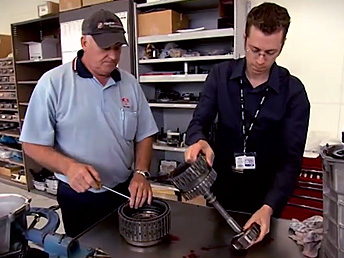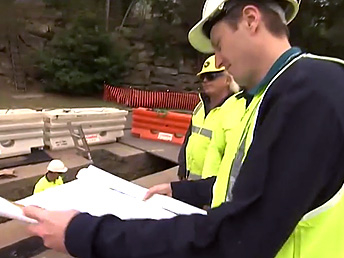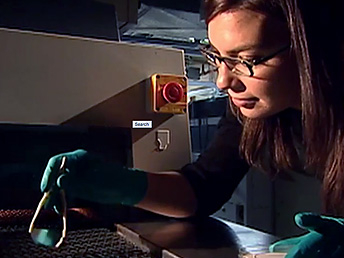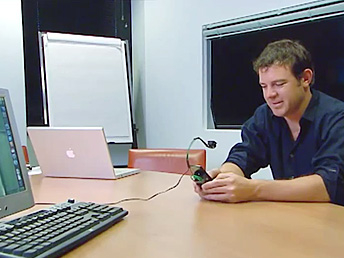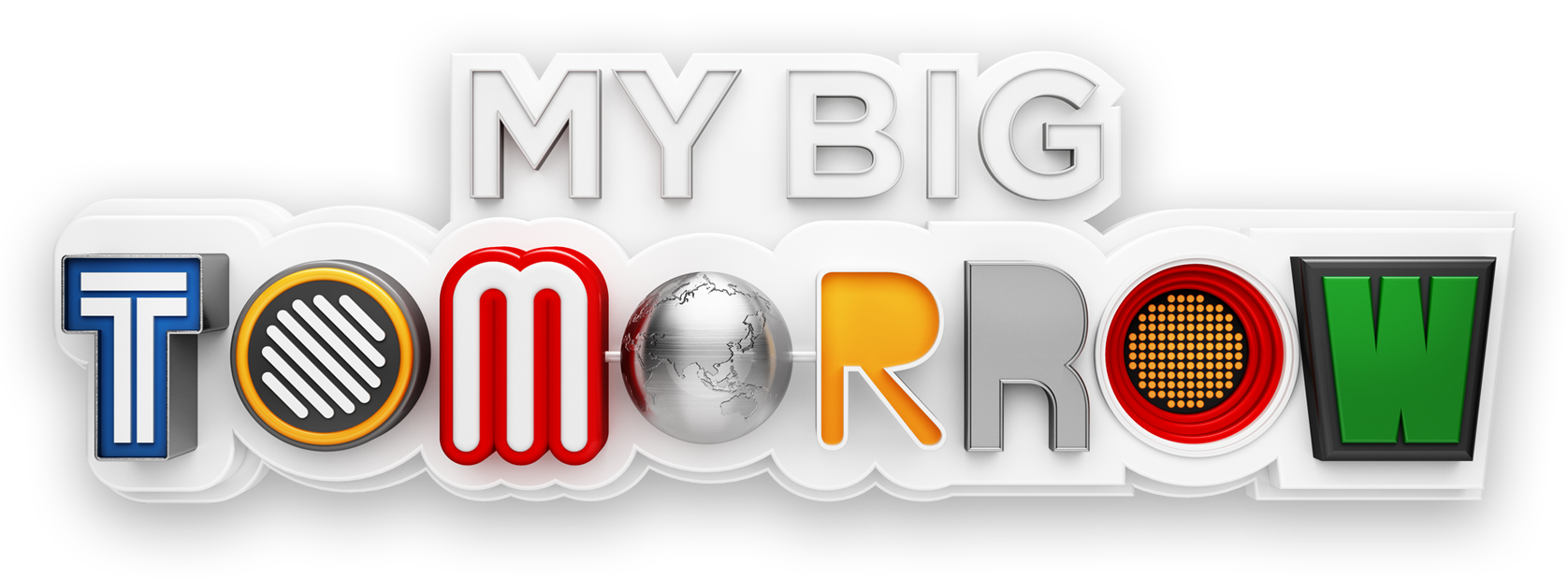
Broadcast Engineer
As a broadcast engineer it is your job to make sure the broadcast signal used for radio and television is working properly, including the equipment sending the signal. This is a hands-on technical role that will likely find you in a master control room working on a range of tasks.
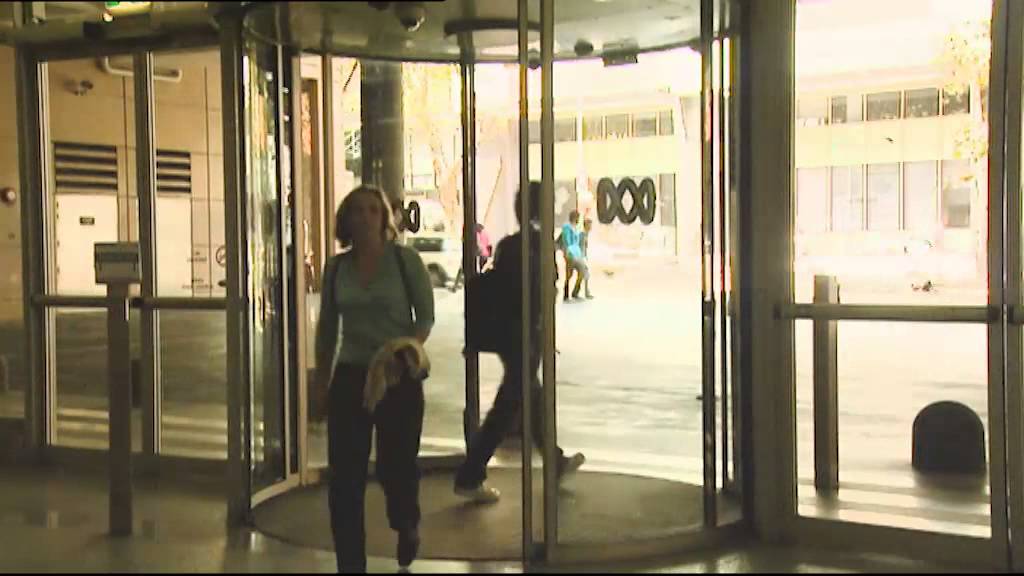

What the job looks like
Salary expectation
starts at $48,729 up to $112,157+

The good
- Satisfaction of providing an excellent service
- Always learning new things
- Keeping up to date with ever changing technology and interacting with lots of technical people
- Plenty of opportunity to get away from the desk and get hands-on
The not so good
- Occasionally required to work out of business hours including the very early morning
- Pressure to solve problems quickly even when you have not had a lot of sleep
Broadcast engineering is a technology-focused job and you will need to keep up to date with new developments, especially digital technology.
You could find yourself working on a range of systems sometimes in different locations so you will need to be familiar with various equipment and systems. This also means you might need to work outside business hours occassionally. Most major system changes are done in early hours to reduce the impact on businesses.
You will be able to put your excellent communication skills to the test as a broadcast engineer, as you will be talking to a range of people about what is needed for the systems you work on.
Understanding technology systems requires strong math skills as the modelling used for software is based on equations. An understanding of physics will also come in handy to know how light and sound travels.
If you like problem solving and have an interest in technology, then a career as a broadcast engineer could be for you.
The technology is interesting and rapidly changing, and there are plenty of opportunities to get hands-on work.
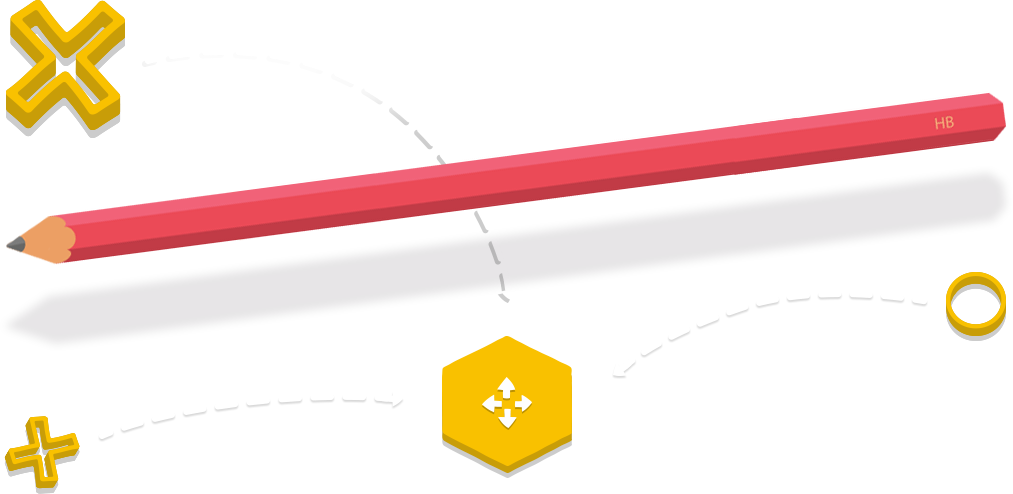
Pathways to this career
Subject suggestions for the HSC
Choosing your HSC subjects from this list could really help with your career. Think carefully about what you want to study after school as you might need to choose specific HSC subjects for that course and to count towards your ATAR (Australian Tertiary Admission Rank). An ATAR is your academic rank in relation to other HSC students and helps with University admission.
HSC subjects
Some subjects will count towards your ATAR, others will not. Check with your career advisor before making subject selections.
- English (Standard or higher)
- Mathematics (2 unit or higher)
- Physics
- Engineering Studies
- Industrial Technology (Multimedia)
- VET Electrotechnology
What can I do after I have finished school?
University degrees
Studying one of these degrees can help with your career.
- Bachelor of Engineering (Telecommunication)
Courses and qualifications
Courses and qualifications can give you a great start.
- TAFE – telecommunication / electrical / computer systems engineering
Suggestions
Check out Broadcast Australia for more information
- Stay up to date on what is happening with the broadcast medium as it is undergoing some major changes
- See if you can get some experience at a local television or radio station
- Go to career expos and events like university Open Days for information about what you will study
